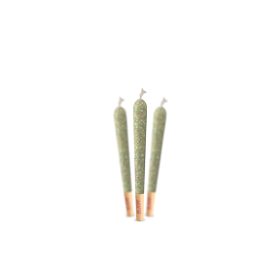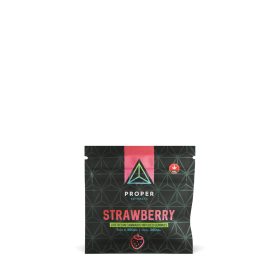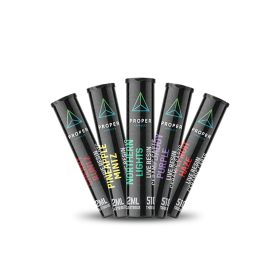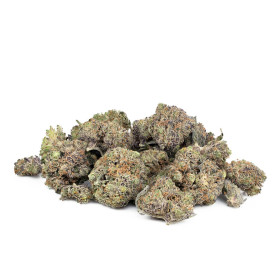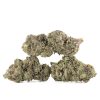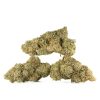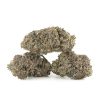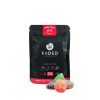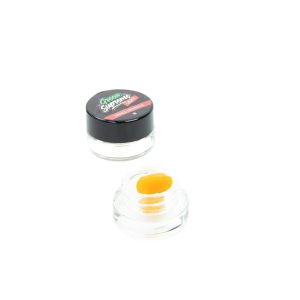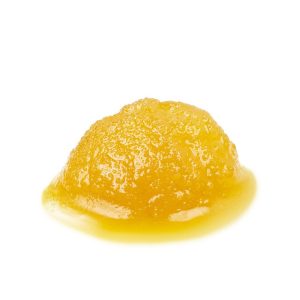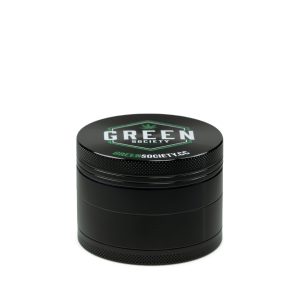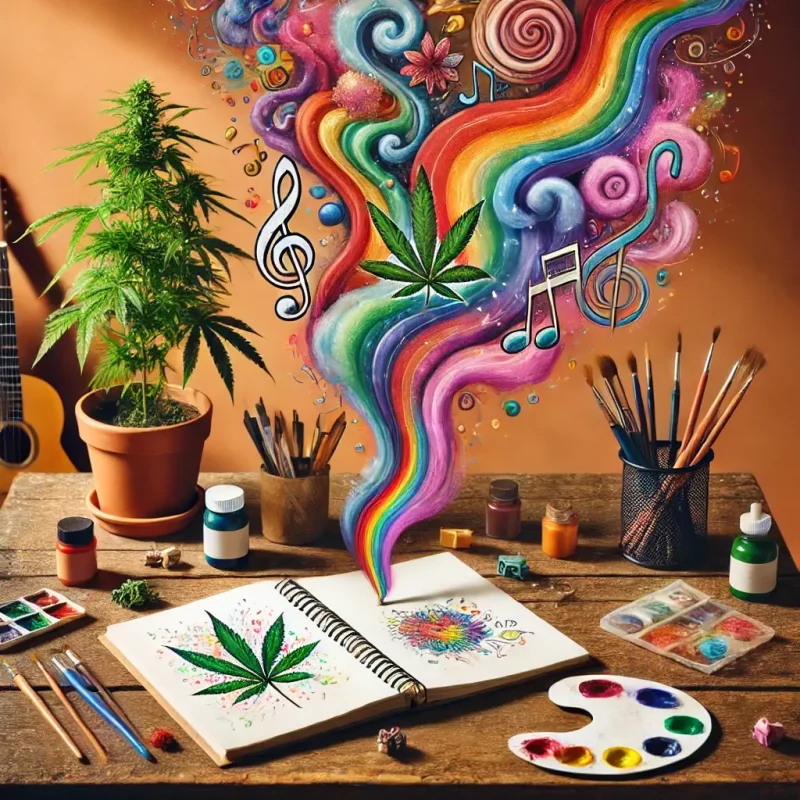Marijuana
Marijuana and Creativity: Can It Boost Your Creative Process?
Introduction
Creativity is a complex and often elusive process, one that many individuals strive to enhance through various means. Among these, marijuana has been touted as a tool that can potentially unlock new levels of creative thinking. In Canada, where marijuana is legal, this idea has gained significant attention, prompting artists, writers, and thinkers to experiment with cannabis as a creative aid. But does marijuana truly boost creativity? This article explores the relationship between marijuana and creativity, delving into scientific studies and expert opinions to separate fact from fiction.
Understanding Creativity and Marijuana
Creativity is the ability to produce original and valuable ideas, often through unconventional thinking or breaking away from traditional patterns. Marijuana, known for its psychoactive properties due to the presence of THC (tetrahydrocannabinol), has long been associated with altered states of consciousness, which some believe can foster creativity. But what does science say about this connection?
Does Marijuana Improve Creativity?
The notion that marijuana can enhance creativity is widely held, yet it is more complex than it appears. A study published in Psychology of Addictive Behaviors suggests that marijuana may not increase actual creativity, but it does enhance the user’s perception of their creativity . This means that while users might feel more creative under the influence of marijuana, their output might not be significantly different from what they would produce when sober.
The study involved participants who were given either a placebo or a low dose of THC. They were then asked to complete creativity tasks, such as generating new ideas or finding creative uses for everyday objects. The results showed that while participants felt more creative after consuming marijuana, their actual performance on these tasks did not improve significantly.
Does Smoking Affect Creativity?
Smoking marijuana introduces THC into the bloodstream, which then interacts with the brain’s cannabinoid receptors, particularly in areas involved with memory, thinking, and mood regulation. This interaction can alter one’s thought patterns, potentially leading to what users perceive as “creative” thinking. However, the effects are not universally positive or consistent.
For some, marijuana can help to reduce inhibitions and encourage free-flowing thoughts, which can be beneficial in brainstorming or the initial stages of a creative project. However, for others, especially at higher doses, it may lead to paranoia, anxiety, or disorganized thinking, which can hinder the creative process. The impact of smoking on creativity largely depends on the individual, their tolerance, the strain of cannabis, and the context in which it is used.
Can CBD Help with Creativity?
Unlike THC, CBD (cannabidiol) is a non-psychoactive compound found in cannabis. It does not produce the “high” associated with marijuana but has been credited with a range of potential therapeutic effects, including reducing anxiety and improving focus. While CBD does not directly induce the altered state of mind that some associate with creativity, it may still play a role in enhancing the creative process.
By alleviating stress and anxiety, CBD can create a mental environment more conducive to creativity. A calm and focused mind is better equipped to engage in deep, creative thinking. Additionally, CBD’s potential to improve sleep quality can indirectly benefit creativity, as a well-rested brain is more capable of innovative thinking.
What Increases Creative Thinking?
Creativity is influenced by a variety of factors, and while marijuana might play a role for some, it is not a guaranteed or universal solution. Several other strategies can help boost creative thinking:
- Mindfulness and Meditation: These practices help clear the mind of clutter, allowing for more focused and innovative thoughts.
- Exposure to New Experiences: Traveling, trying new activities, or learning new skills can stimulate the brain and inspire creative ideas.
- Brainstorming Sessions: Engaging with others in collaborative ideation sessions can spark new ideas and perspectives.
- Physical Exercise: Regular physical activity has been shown to enhance cognitive function, including creative thinking.
- Adequate Sleep: A well-rested brain is more likely to engage in lateral thinking, which is crucial for creativity.
The Role of Set and Setting in Creative Use of Marijuana
For those who do choose to use marijuana as a creative aid, the context in which it is consumed plays a significant role. “Set” refers to the mindset of the user, including their expectations, mood, and psychological state, while “setting” refers to the physical and social environment. Both factors can greatly influence the creative experience.
In a relaxed and inspiring environment, with a positive mindset, marijuana may enhance creativity for some individuals. Conversely, in a stressful or chaotic environment, the same dose might lead to anxiety or a mental block, impeding the creative process.
Creative Industries and Marijuana Use in Canada
In Canada, where marijuana is legal, its use in creative industries is becoming more open and accepted. Many artists, musicians, and writers use cannabis as part of their creative process. However, it is essential to recognize that while marijuana may aid creativity for some, it is not a one-size-fits-all solution. Creativity is highly individual, and what works for one person may not work for another.
Moreover, relying too heavily on marijuana for creative inspiration can be problematic. Dependence on a substance to fuel creativity can lead to diminished natural creative abilities over time. It is crucial for individuals to find a balance and to explore multiple avenues for enhancing creativity.
Conclusion
The relationship between marijuana and creativity is complex and multifaceted. While some users report enhanced creativity under the influence of marijuana, scientific evidence suggests that this may be more about perception than actual creative output. Marijuana may reduce inhibitions and alter thought patterns, which can sometimes aid in the creative process, but it is not a guaranteed or universally effective method.
For those in Canada and elsewhere exploring the use of marijuana to boost creativity, it is important to approach it with an open mind and to be aware of the potential risks and limitations. Creativity can be enhanced through various means, and while marijuana may be one tool in the toolkit, it should not be relied upon as the sole source of inspiration.

